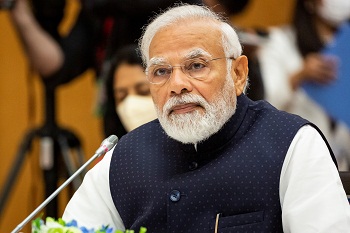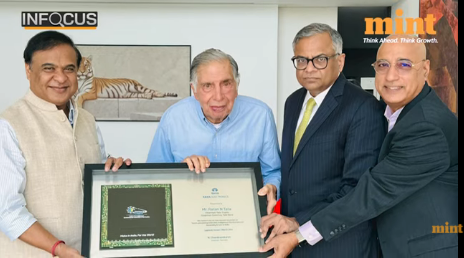India’s Path Forward: What Modi’s 2024 Election Win Means for Development
With Prime Minister Narendra Modi securing a victory in the 2024 Lok Sabha elections, India stands on the brink of significant development. His administration’s plans for the next term focus on transforming India into a major global economy. Here’s a look at what we can expect.
Economic Growth
One of the key goals for Modi’s government is to make India a $5 trillion economy by 2027-28. This is a stepping stone towards a more ambitious target of $6.69 trillion by 2030. Achieving this requires doubling the current economic output and boosting exports significantly. If successful, India could become the third-largest economy in the world.
Tax Reforms
The Modi administration plans to revise income tax slabs to provide relief to the middle class and to encourage more people to enter the formal tax system. Corporate tax rates are also set to be adjusted to make India a more attractive destination for businesses. Simplifying the Goods and Services Tax (GST) structure is another priority. This includes reducing the number of GST slabs to make tax administration more efficient and less cumbersome for businesses.
Digital Economy
Expanding the reach of the Unified Payments Interface (UPI) is crucial for promoting a cashless economy. UPI has already transformed digital payments in India, making transactions simpler and more accessible, even in remote areas. The government plans to increase UPI adoption both domestically and internationally. This will further integrate India into the global digital economy and enhance financial inclusion.
Infrastructure and Development
Significant infrastructure projects are set to continue, focusing on urban development, transportation, and connectivity. This includes advancing the development of smart cities, which integrate digital technology into urban infrastructure. Improvements in road and rail networks are also on the agenda to facilitate smoother and more efficient transportation across the country.
Industrial and Business Reforms
To make India more business-friendly, the government plans to introduce regulations that simplify starting and running businesses. This includes addressing issues faced by fintech companies and providing more power to enforcement agencies to tackle large-scale defaults and corruption. By improving the investment climate, these reforms aim to attract more foreign direct investments (FDIs) and support domestic entrepreneurship.
Healthcare and Education
Investments in healthcare and education will be ramped up to improve overall human development indicators. The goal is to build a robust public healthcare system that can provide quality care to all citizens. In education, efforts will focus on enhancing the quality and accessibility of learning opportunities across the country, ensuring that more people have the skills needed for a modern economy.
Environmental Initiatives
Sustainability and environmental conservation will continue to be key components of the development agenda. Balancing economic growth with ecological preservation is essential for ensuring that development is sustainable and benefits future generations.
Conclusion
Modi’s third term promises a focus on economic expansion, digital transformation, and structural reforms. By aiming to position India as a major global economic power, these plans could significantly improve the country’s standing on the world stage. If successfully implemented, these initiatives will not only boost economic growth but also improve the quality of life for millions of Indians.





